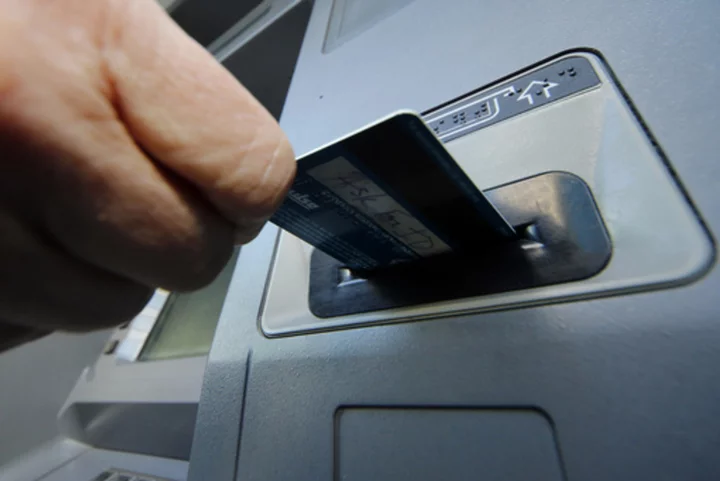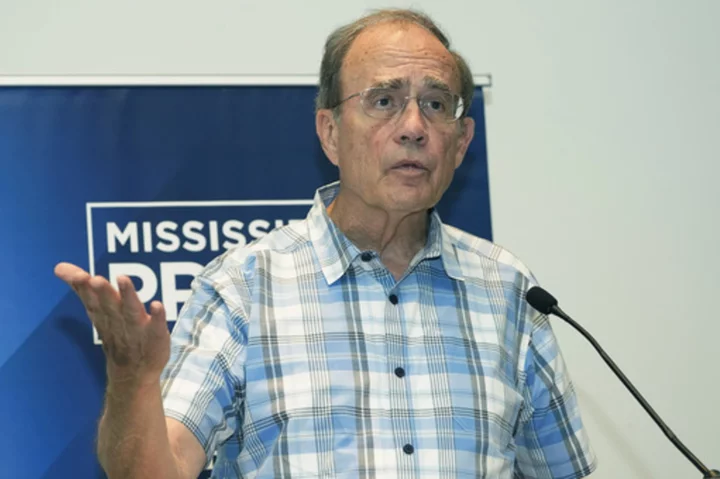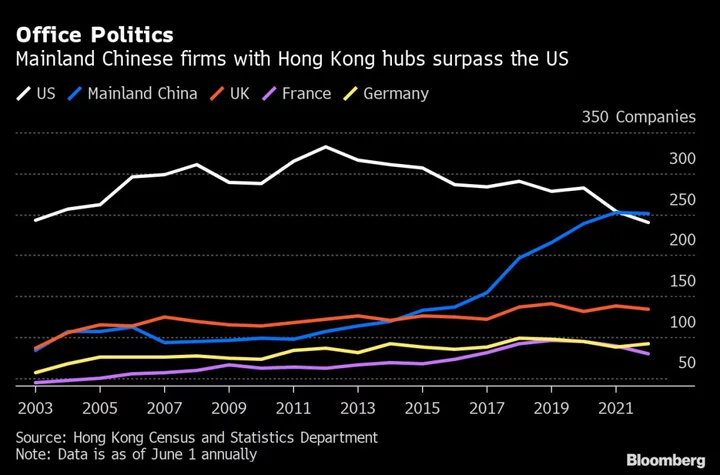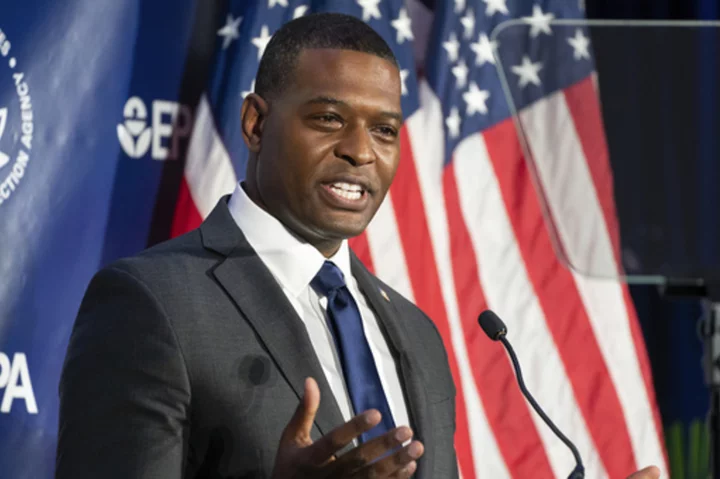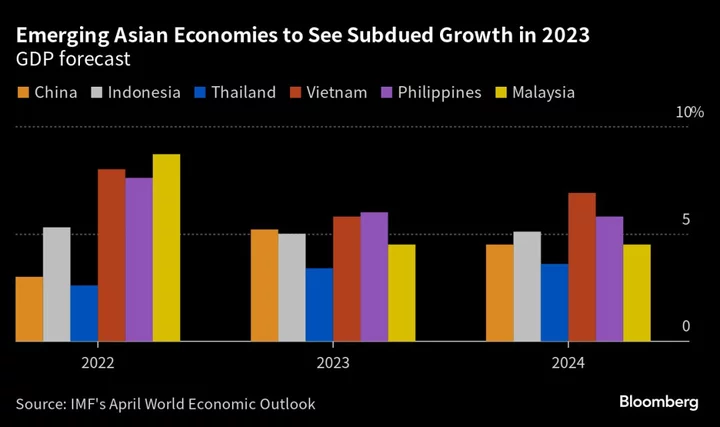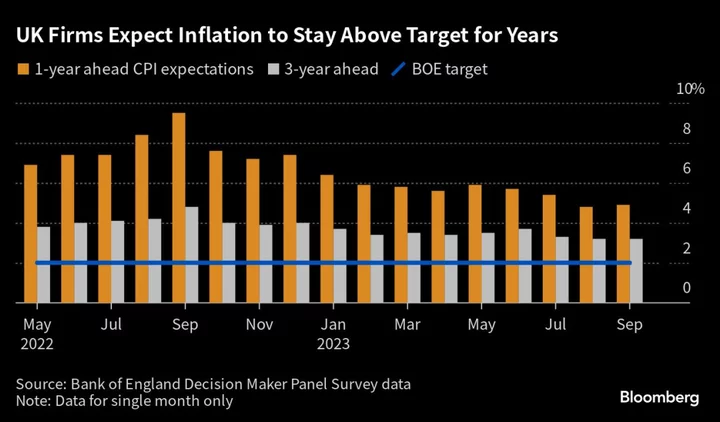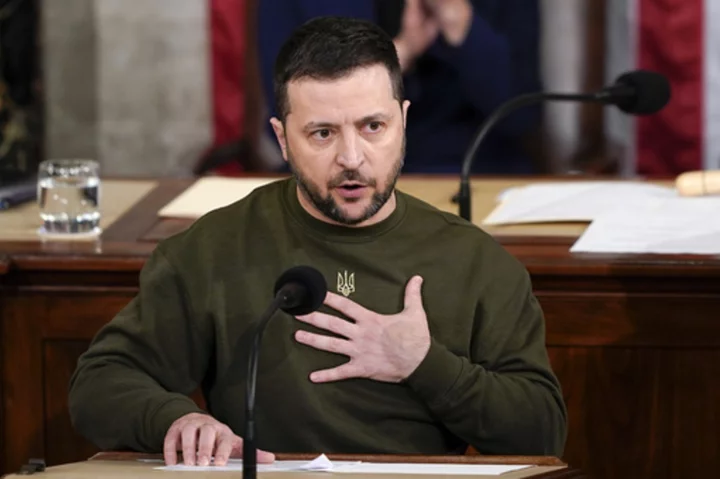It has never been easier to open a bank account, especially with the spread of online services, but there has also never been so much choice about where to put your money. If you’re overwhelmed by your banking options, think about your ability to shape social change with your money. Now is a great time to consider becoming a customer at a socially responsible bank.
WHAT IS A SOCIALLY RESPONSIBLE BANK?
Corporate social responsibility is the self-regulation that businesses do to help promote a positive impact on environmental or social issues, such as racial equity.
In the banking industry, social responsibility refers to the ways banks can reduce harm or create opportunities for good. For an eco-conscious bank or credit union, that might mean it doesn’t invest in oil pipelines, deforestation or fossil fuels, or it might invest in alternative energy, plant trees or buy carbon offsets. Other banks or credit unions might be committed to equity goals by providing financial literacy programs to their communities or by giving more loans to minority-owned small businesses.
WHY DOES IT MATTER WHERE I PUT MY MONEY?
It’s easy to imagine that the money you keep in your savings account, checking account or certificate of deposit is just waiting for you to use it. But your bank or credit union is using your money behind the scenes to lend to or invest in businesses or other customers. So even if you aren’t directly giving money to an oil refinery or company that’s clearing the Amazon rainforest, your money could still be supporting those initiatives.
There has been a long history of discrimination in the U.S. banking system against people of color, and you can put your money with a bank or credit union that’s working to support these marginalized groups. Elizabeth Vivirito, a financial services consultant who specializes in diversity, equity and inclusion, or DEI, research , says she has observed more robust changes in the banking industry around racial equity since the murder of Black man George Floyd by a Minneapolis police officer in May 2020.
“We see more people caring about where their money goes and what it’s funding,” Vivirito says.
HOW DO I KNOW WHAT MY BANK IS INVESTING IN?
It can be hard to know what a bank is doing with your money, but there are some ways to tell.
First, look at the bank’s website. Does it make any statements about its DEI goals? Does it explicitly say whether it invests in certain industries? Has the bank gone through any third-party certification processes, such as becoming a certified B Corp or joining 1% for the Planet or the Global Alliance for Banking on Values? These certifications and memberships each have goals and member requirements around sustainability and equity.
Once you’ve looked at the bank’s website, do a web search of the bank plus any keywords that you’d like to investigate, such as “social impact” or “community.” This should help you find specific statements or reports from the bank as well as any news or accountability reports from other sources that are keeping tabs on the bank’s efforts.
Note, too, that some banks are changing; they might be divesting from certain industries or adding programs to help people who have been historically shut out of banking services.
HOW CAN I FIND A SOCIALLY RESPONSIBLE BANK?
First, decide what social responsibility means to you. Do you want a bank committed to fighting climate change? In that case, you may want to choose a bank or credit union that is Fossil Free Certified, a certification from Bank Green . Do you want to combat financial racism and put your money into businesses that promote equity? Vivirito recommends looking into the history of your bank or credit union to see whom it was created to serve and what its mission is.
“The leadership, strategy and language of the institution should represent their community,” Vivirito says.
If you haven’t made any moves to open a new account and you’re looking for a simple way to be more socially conscious with your banking, Kara Pérez, founder of financial education company Bravely Go , says one of the easiest things you can do is move your money from a large national bank to a local credit union, which will use your money to support other local people, programs and businesses.
“Thinking about your money in a bigger picture way can help you make better decisions with it,” Pérez says. “Every dollar has power to shape our world.”
__________________________________
This article was provided to The Associated Press by the personal finance website NerdWallet. Chanelle Bessette is a writer at NerdWallet. Email: cbessette@nerdwallet.com. Twitter: @crbessette.
RELATED LINKS:
NerdWallet: Ethical banking: What is a socially responsible bank? https://bit.ly/nerdwallet-socially-responsible-banks
B Corp Certification https://www.bcorporation.net/en-us/certification/
Global Alliance for Banking on Values https://www.gabv.org/
1% for the Planet https://onepercentfortheplanet.org/join

